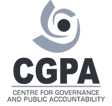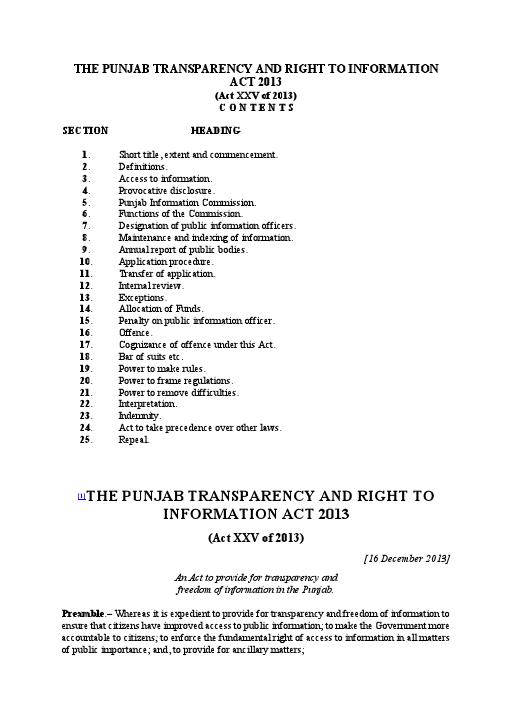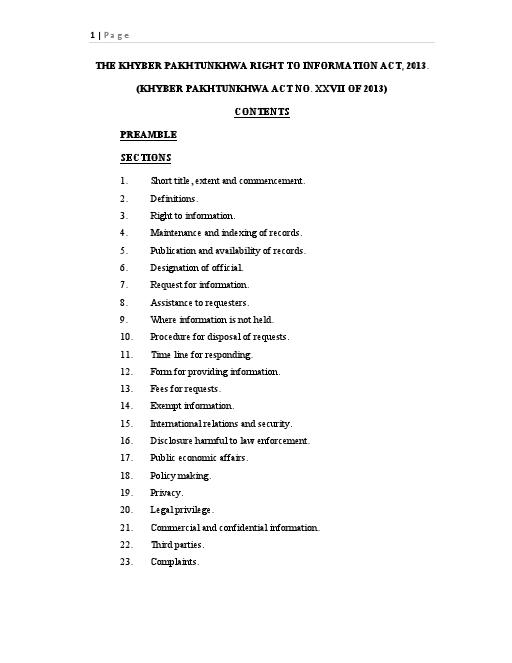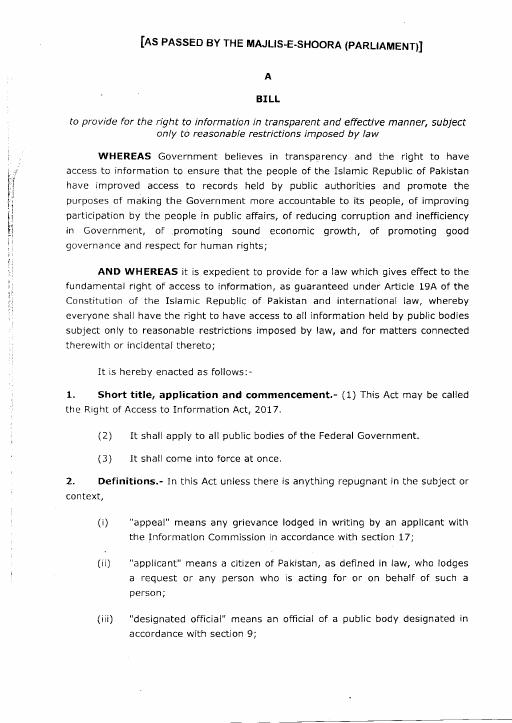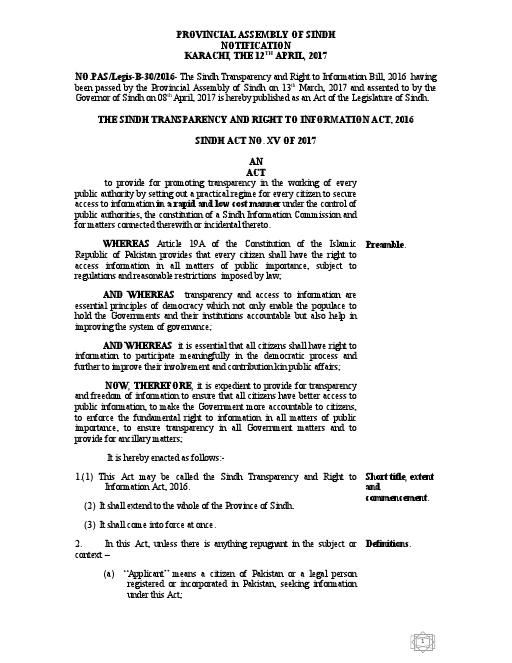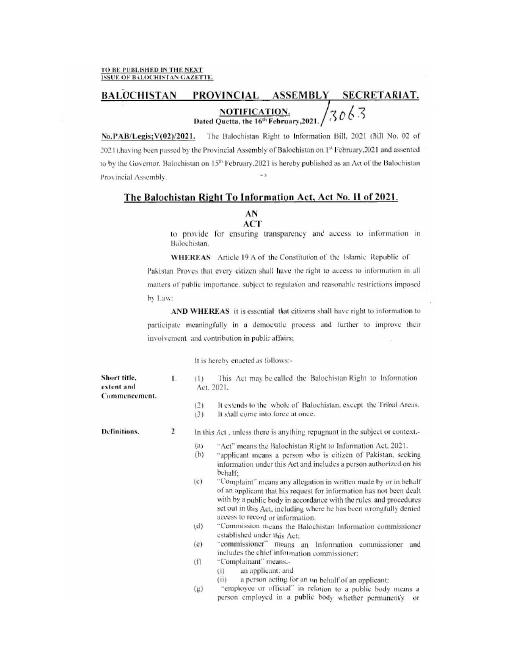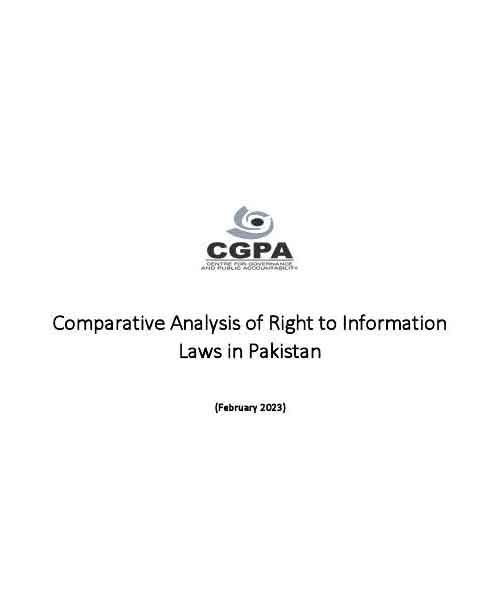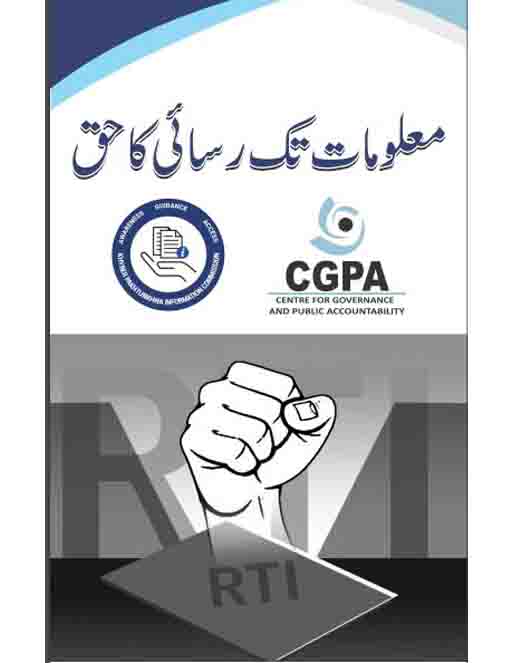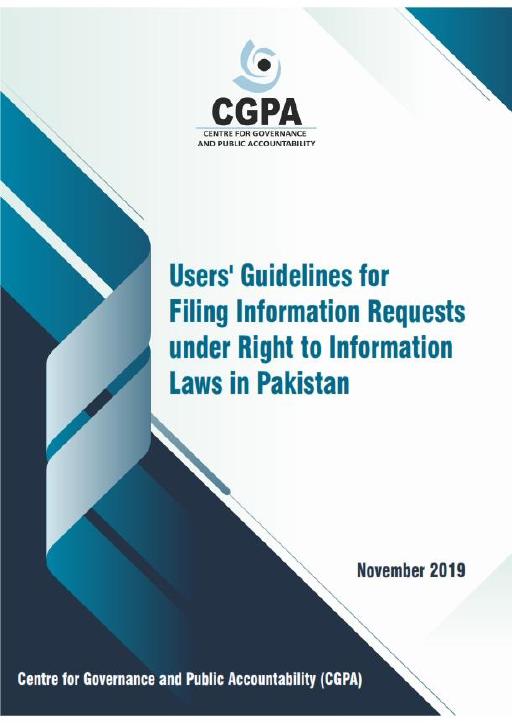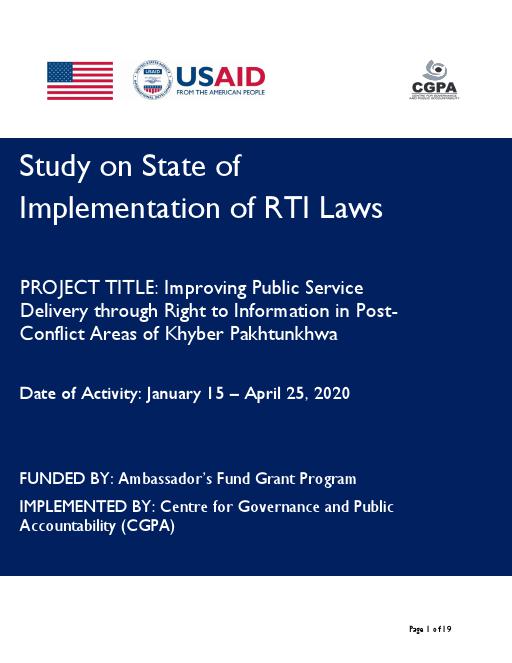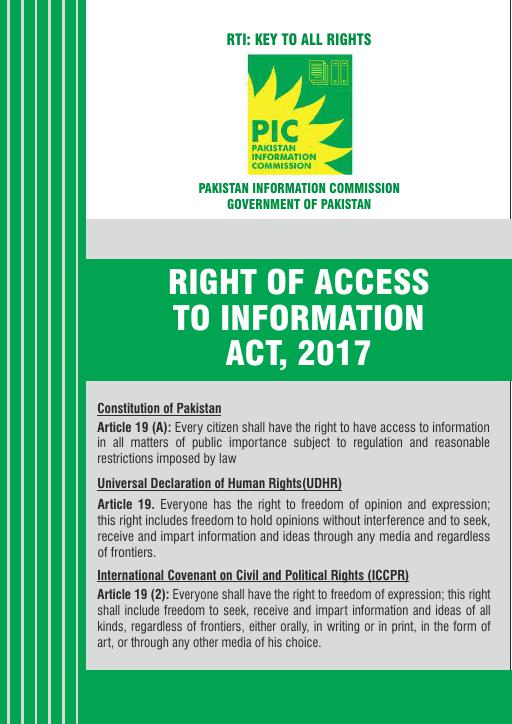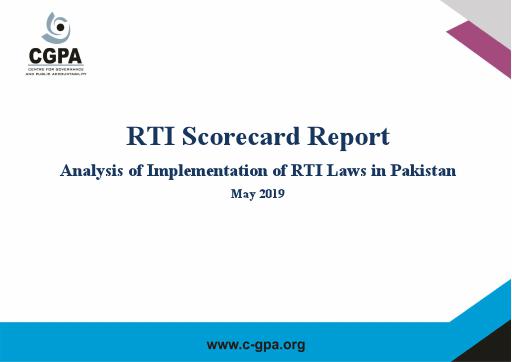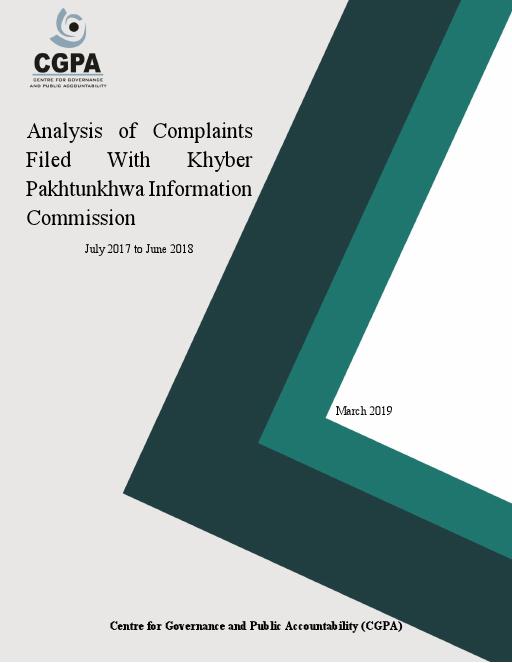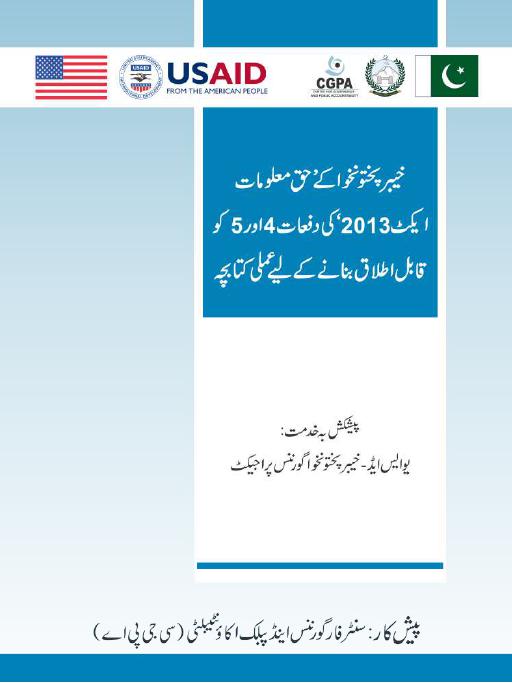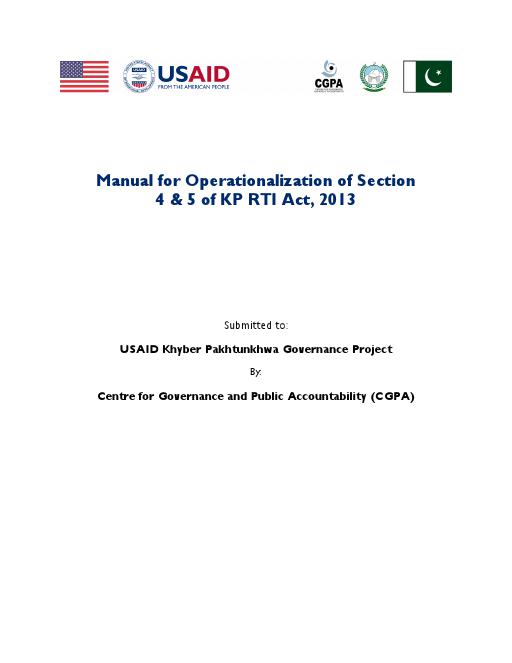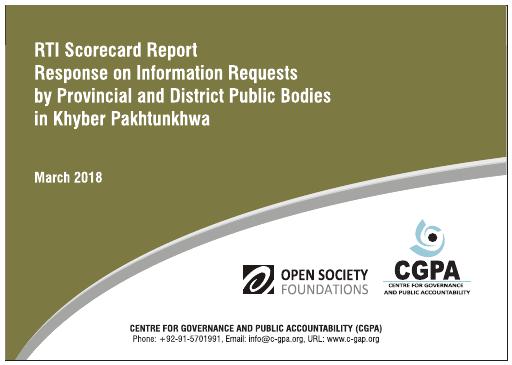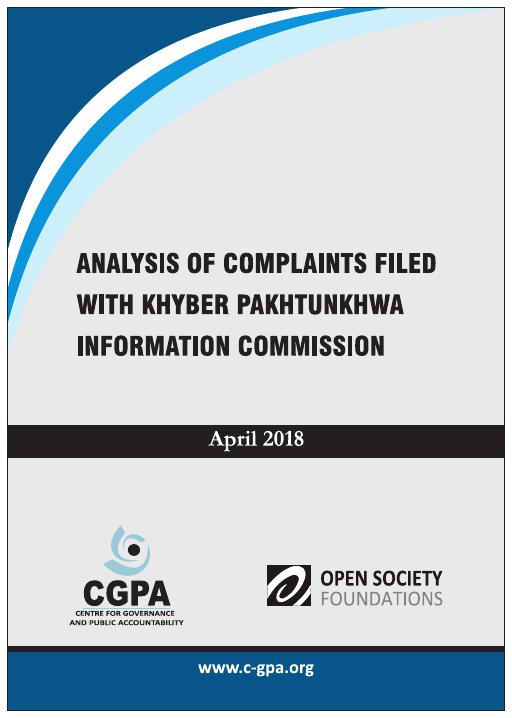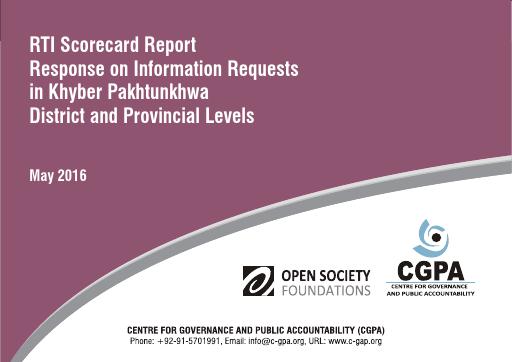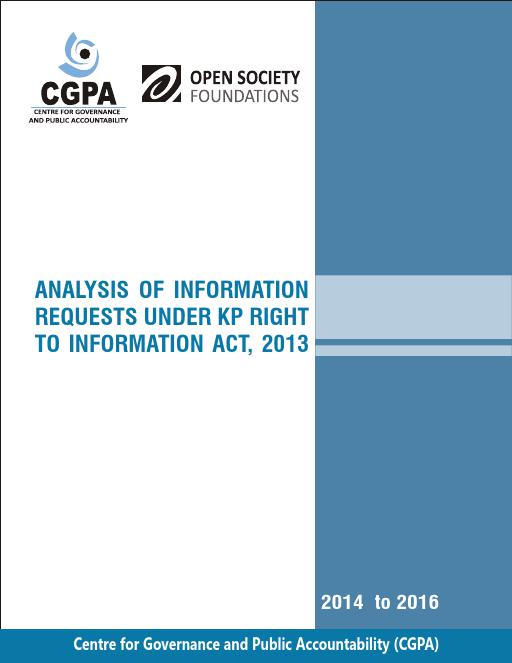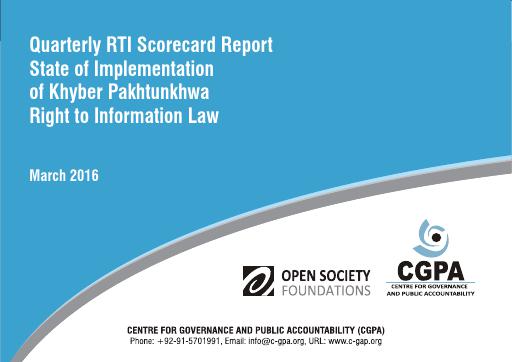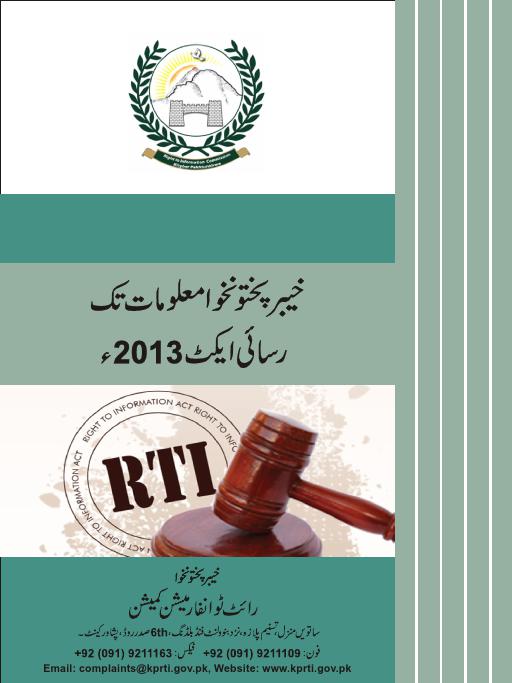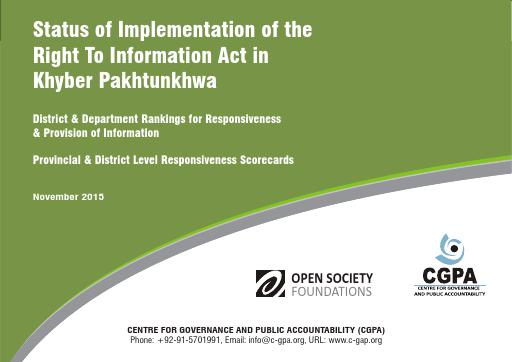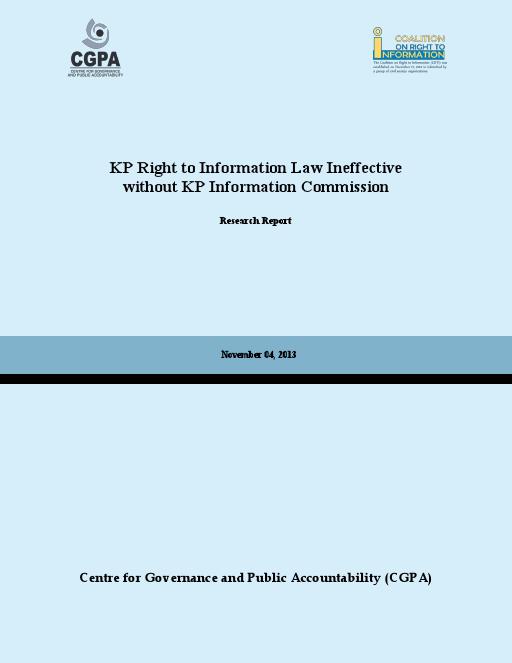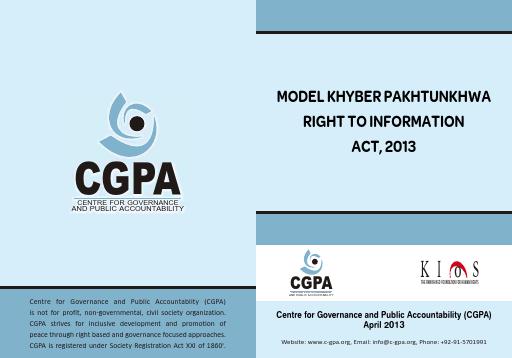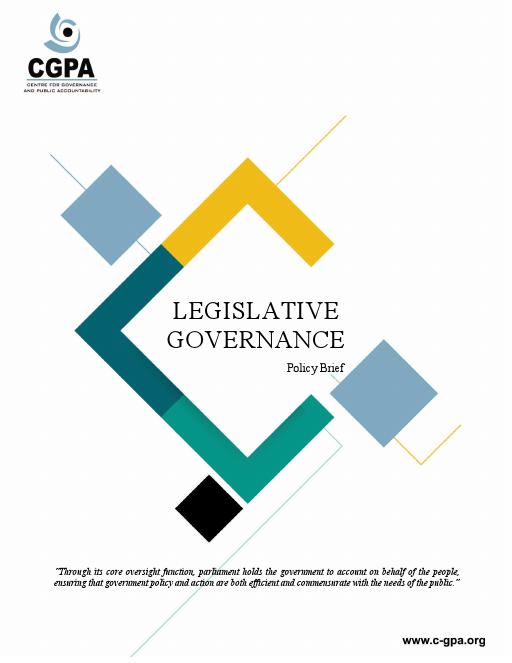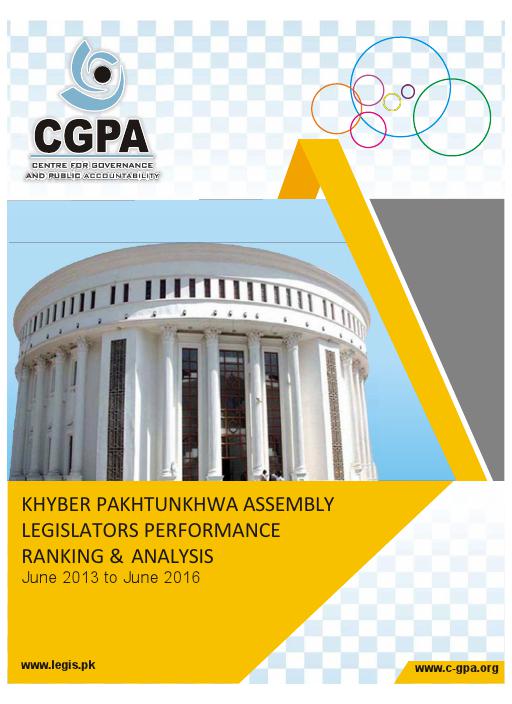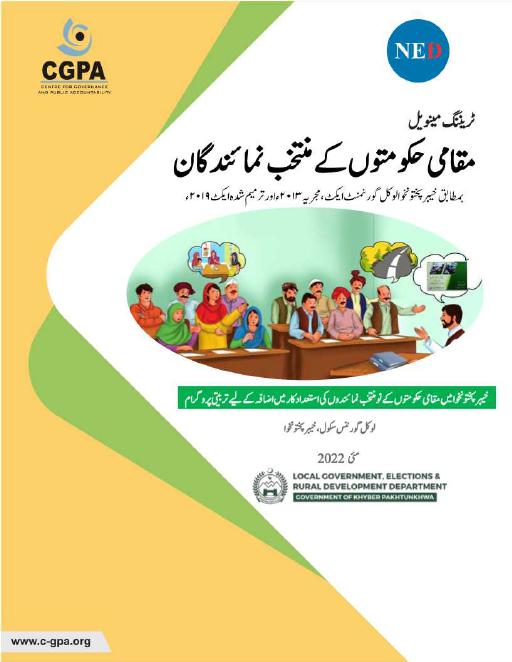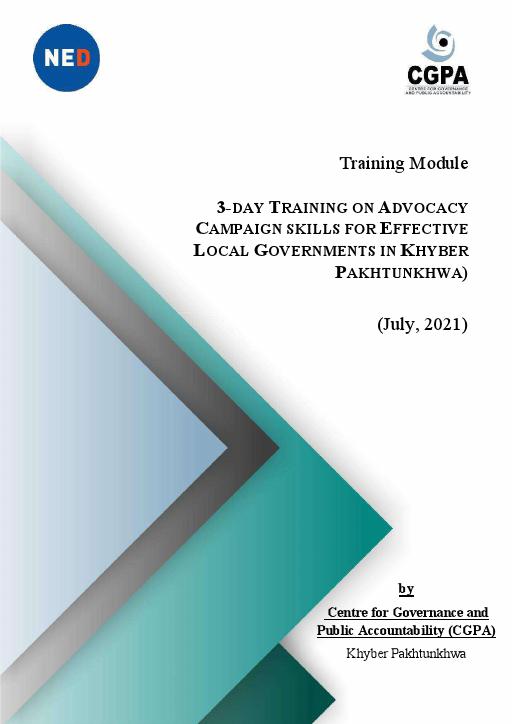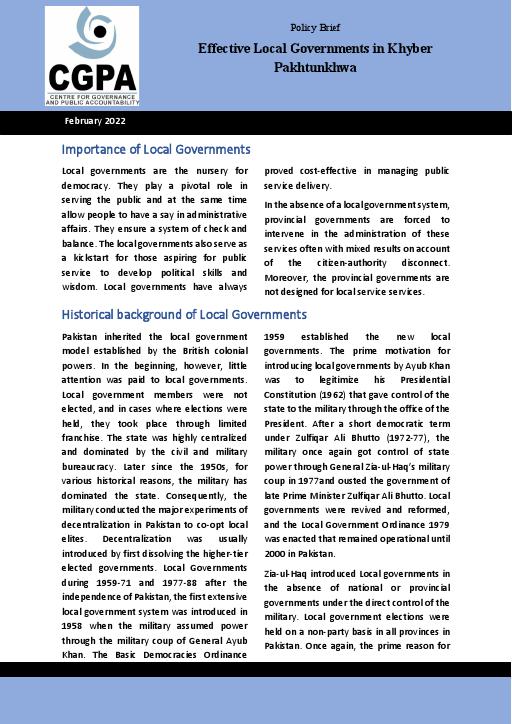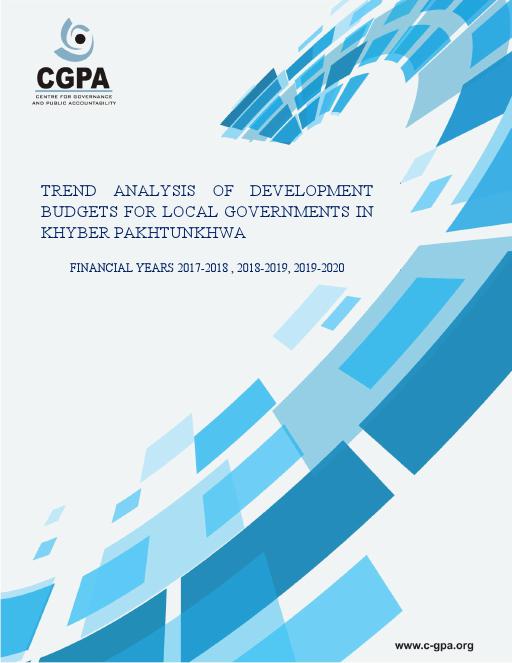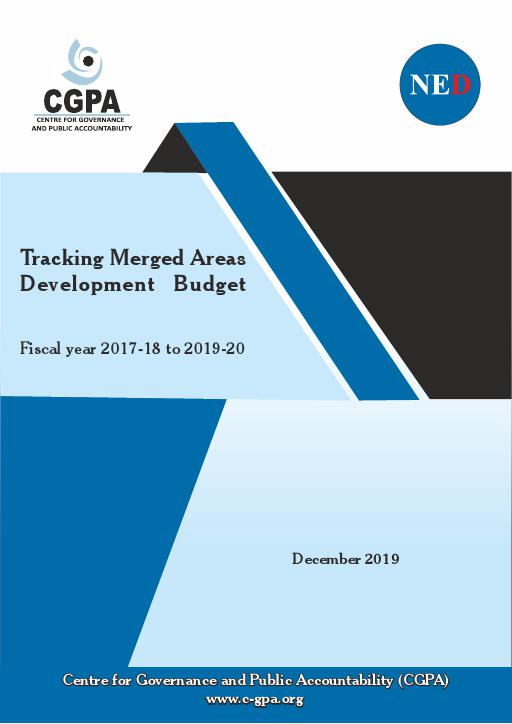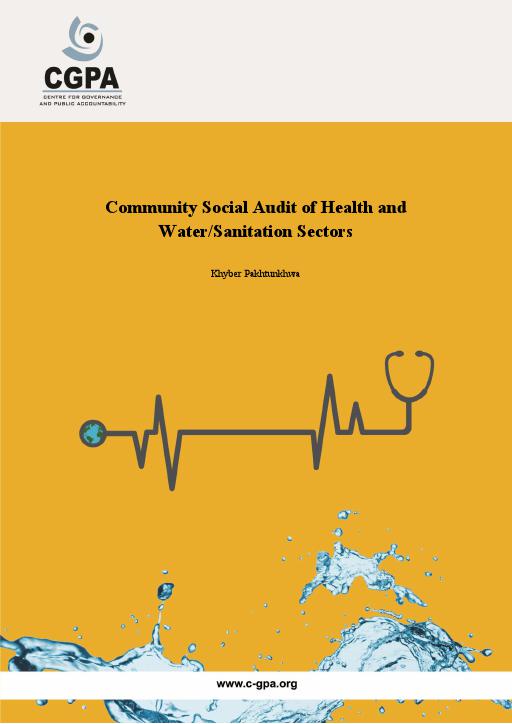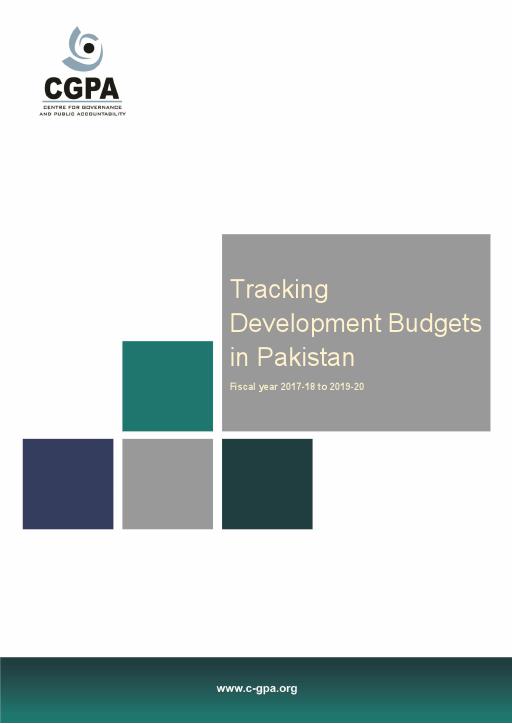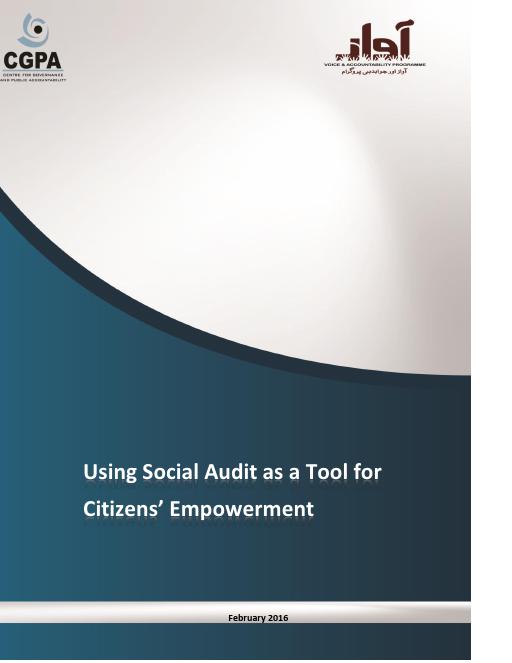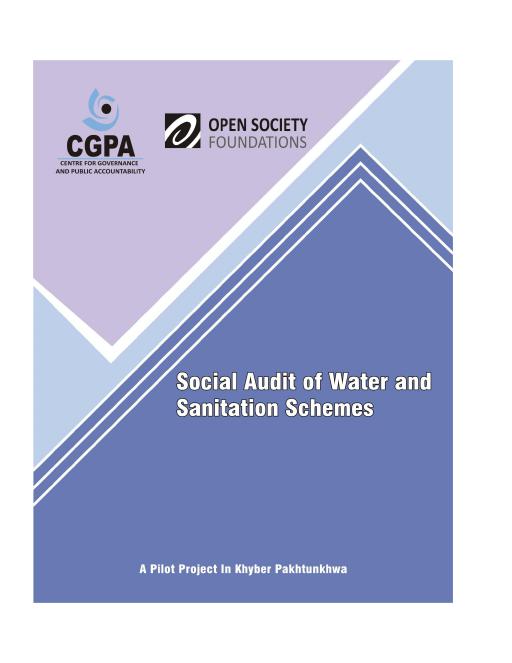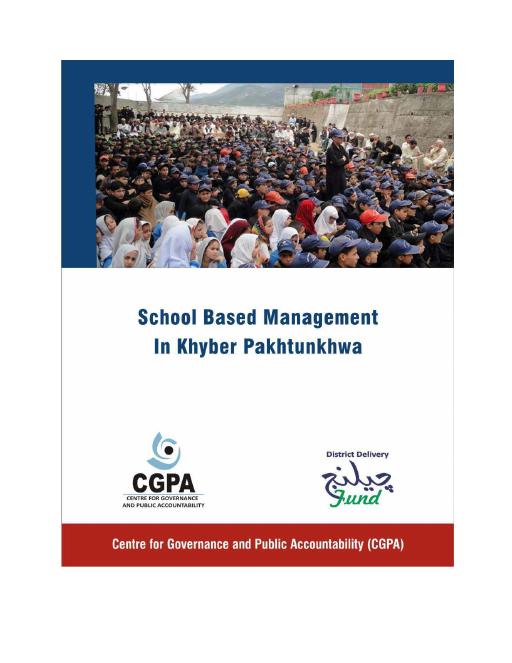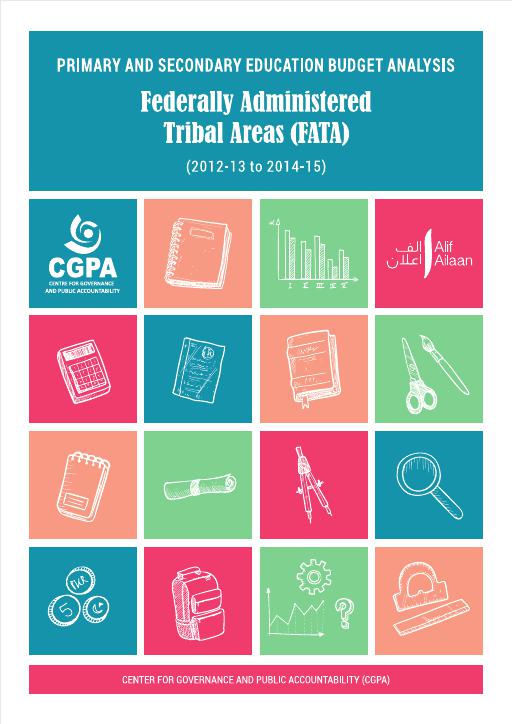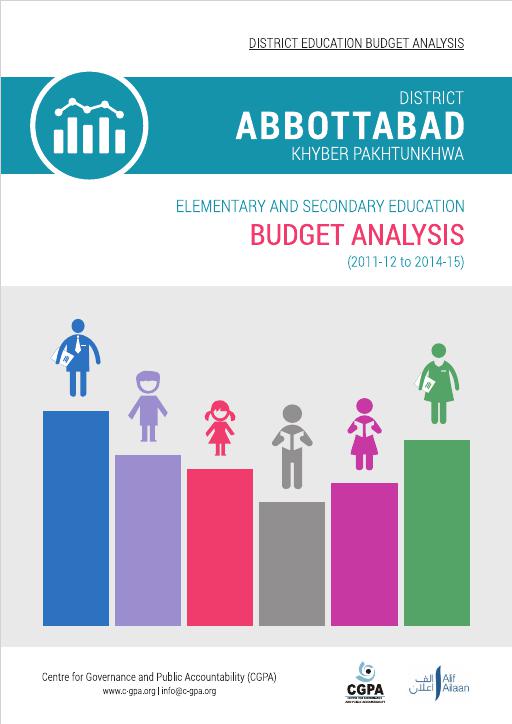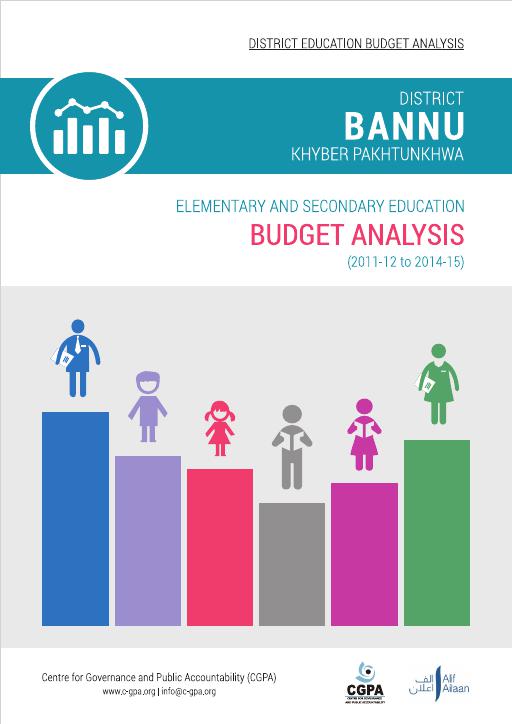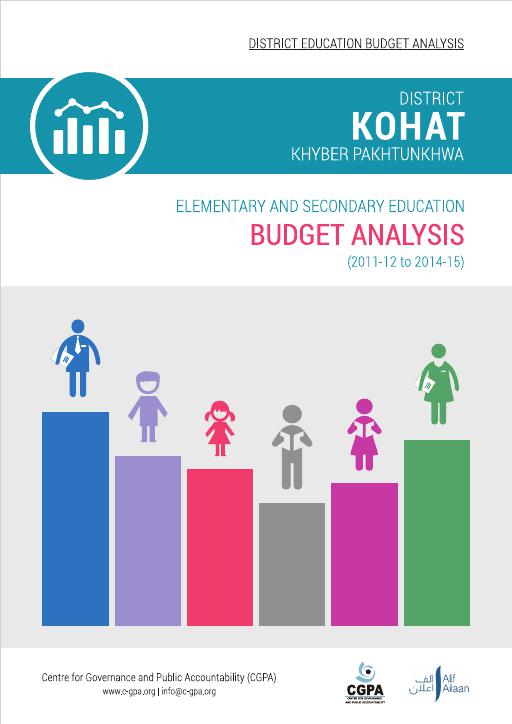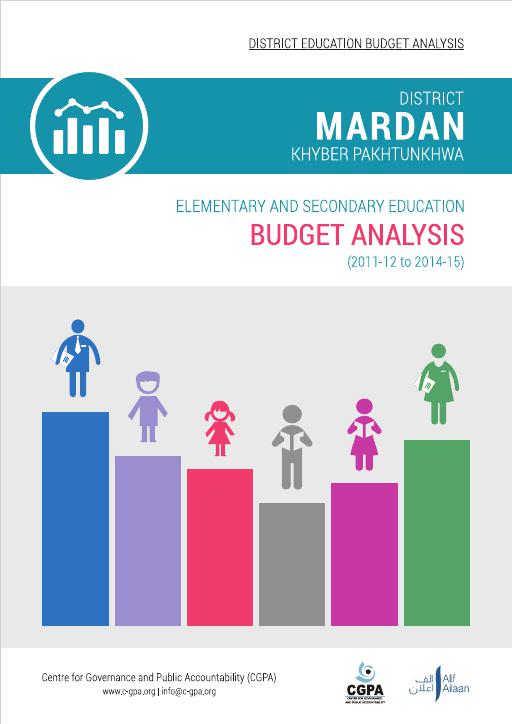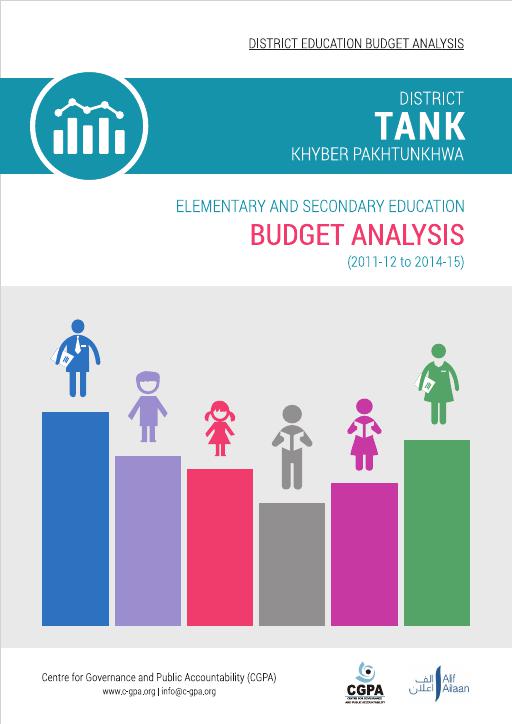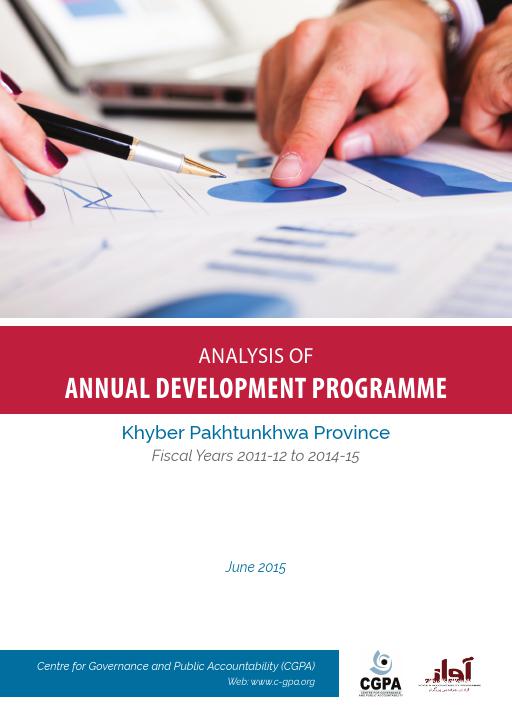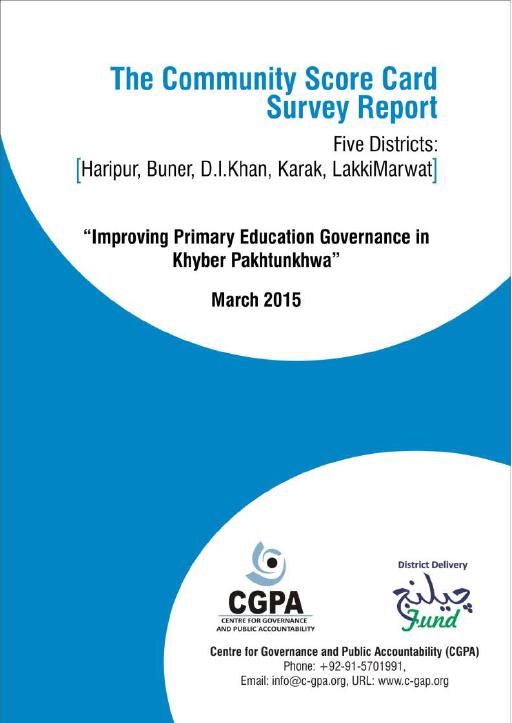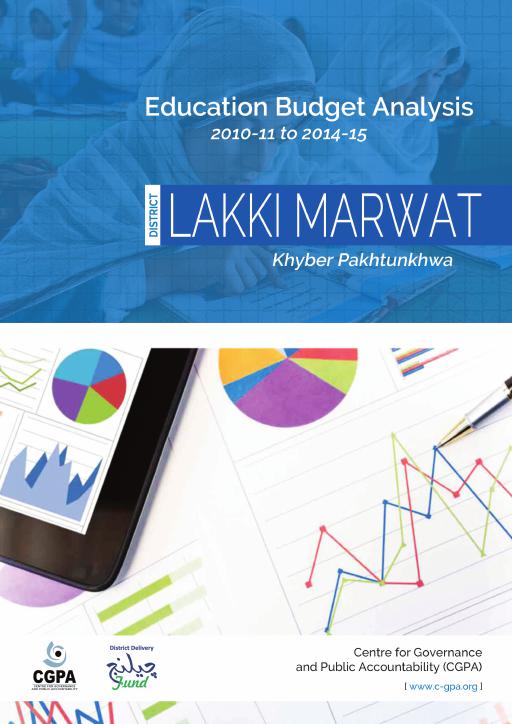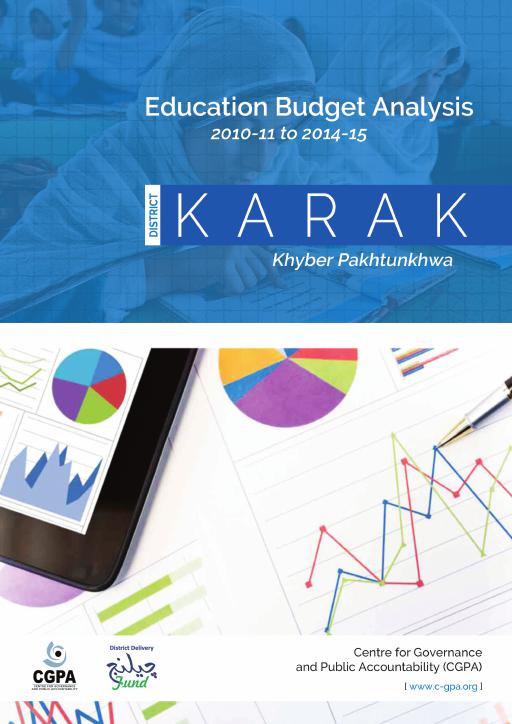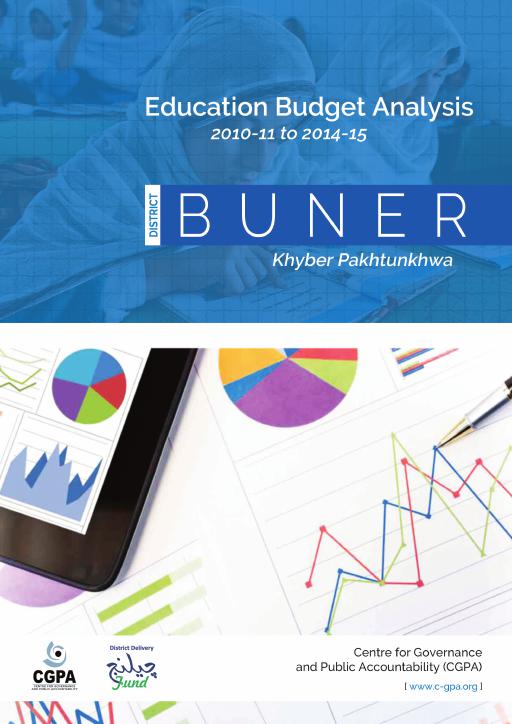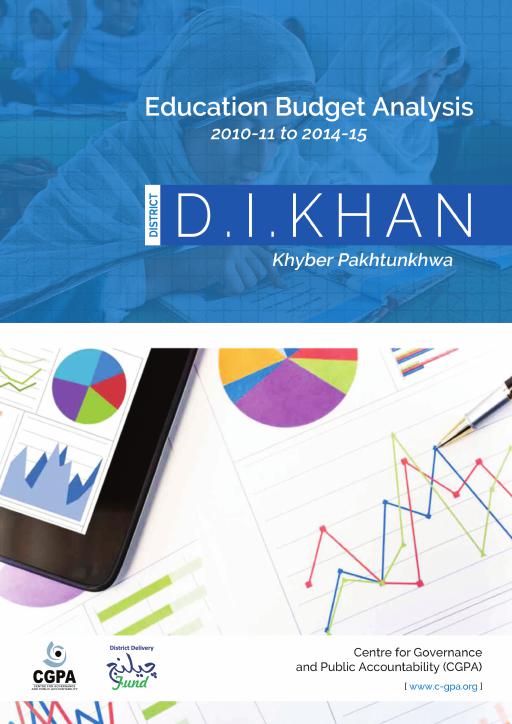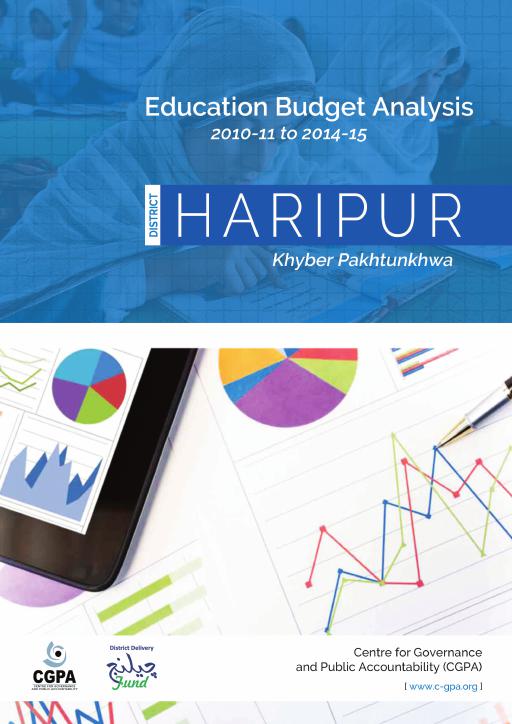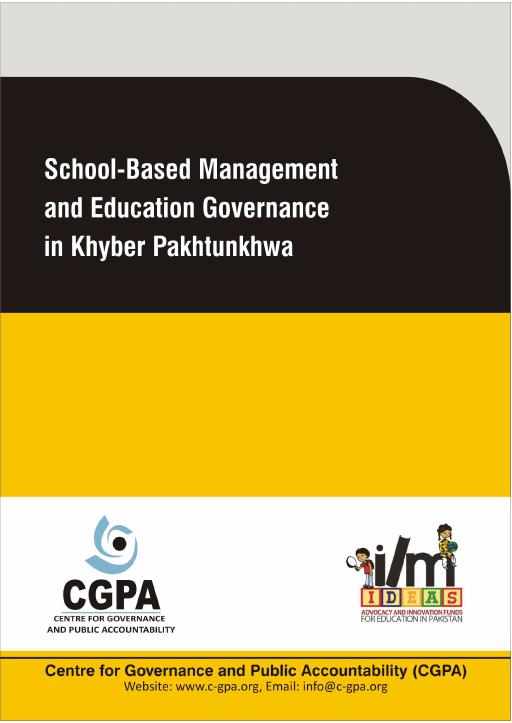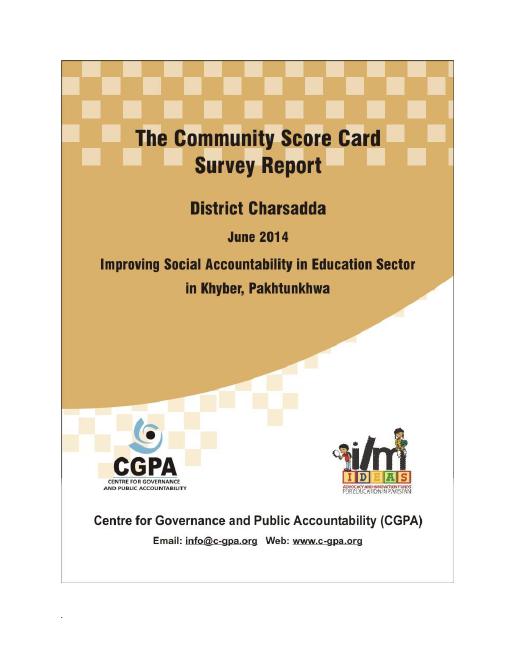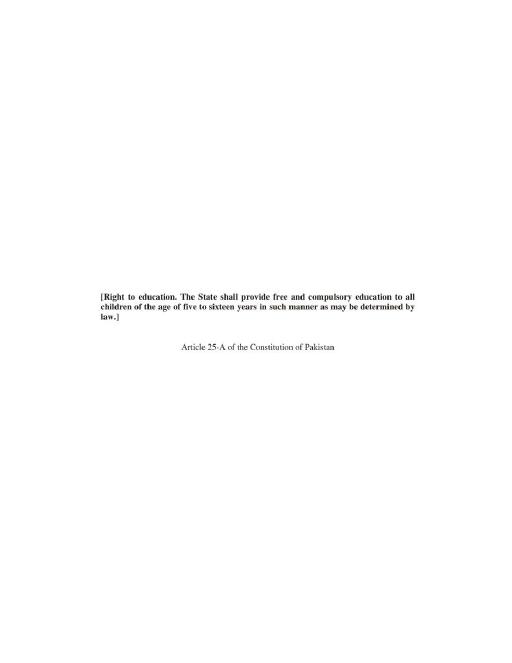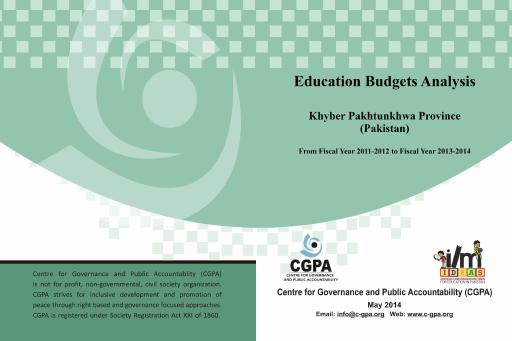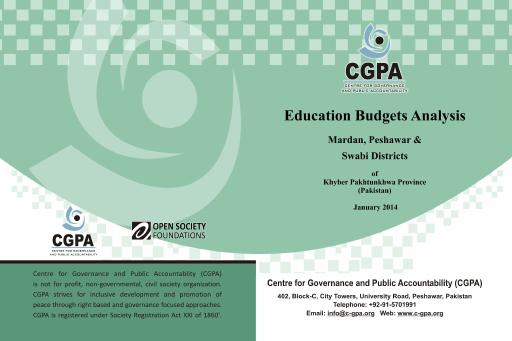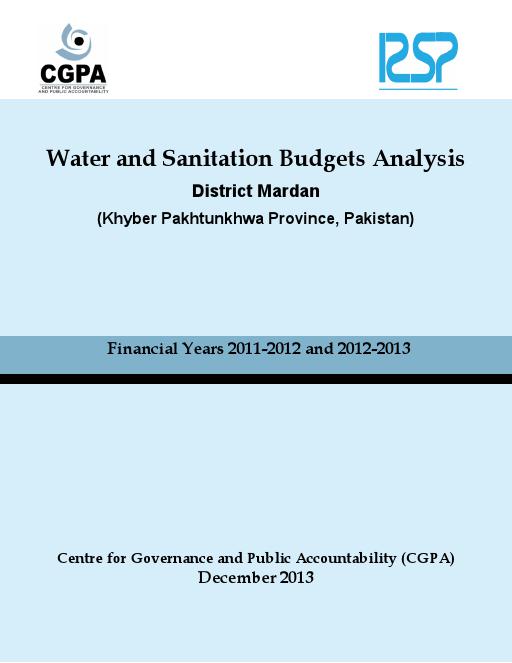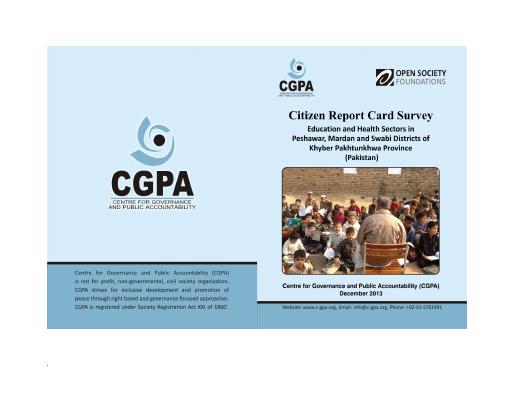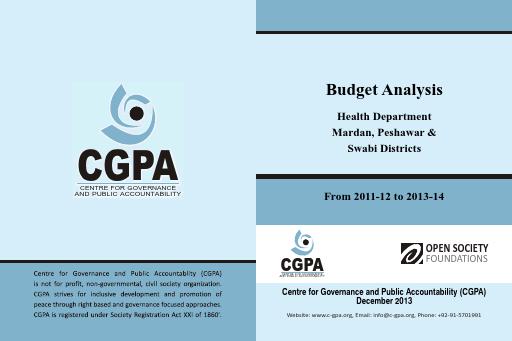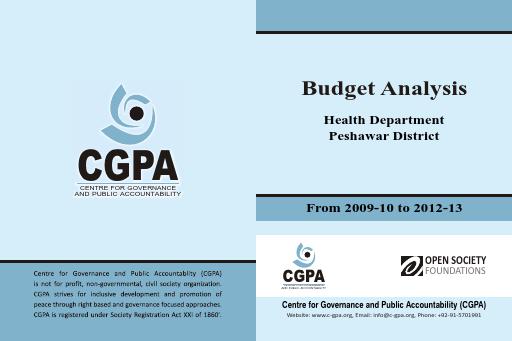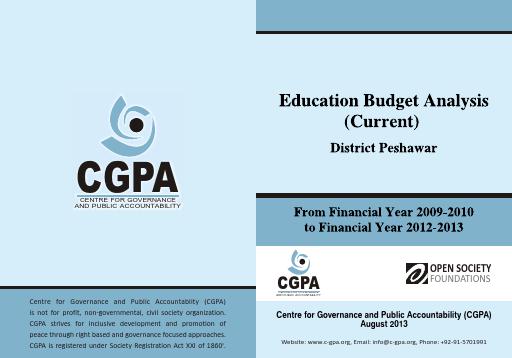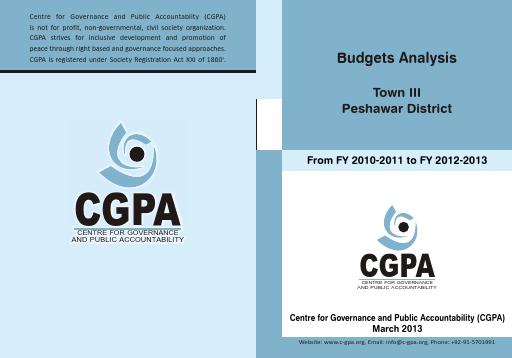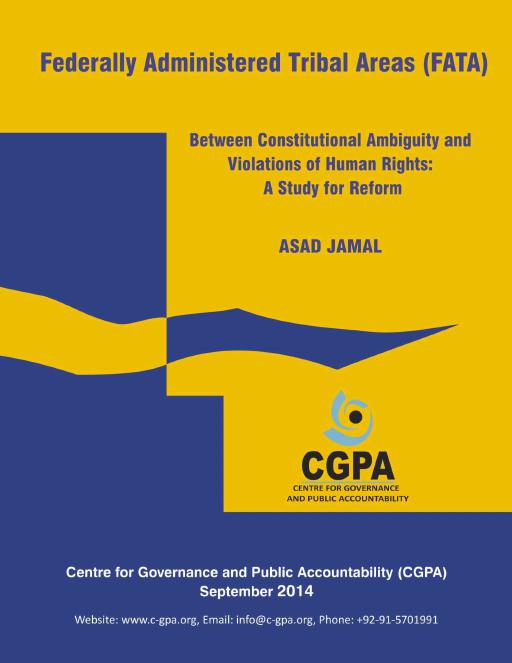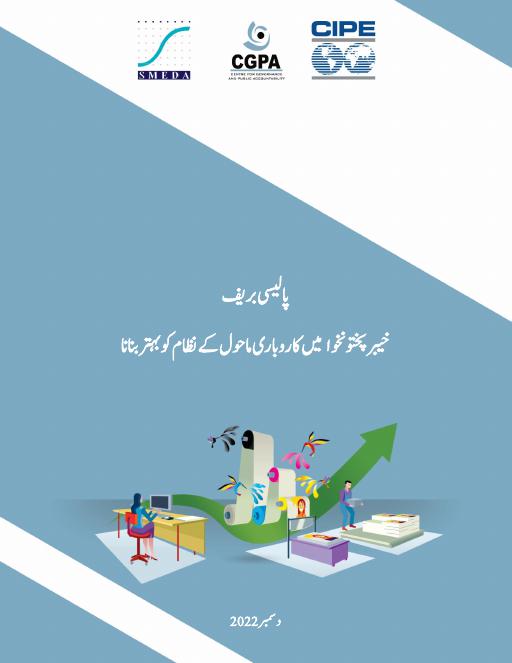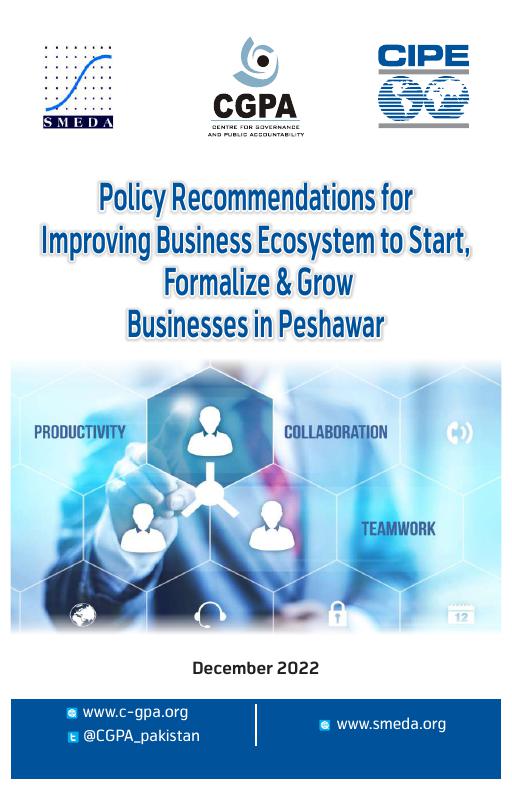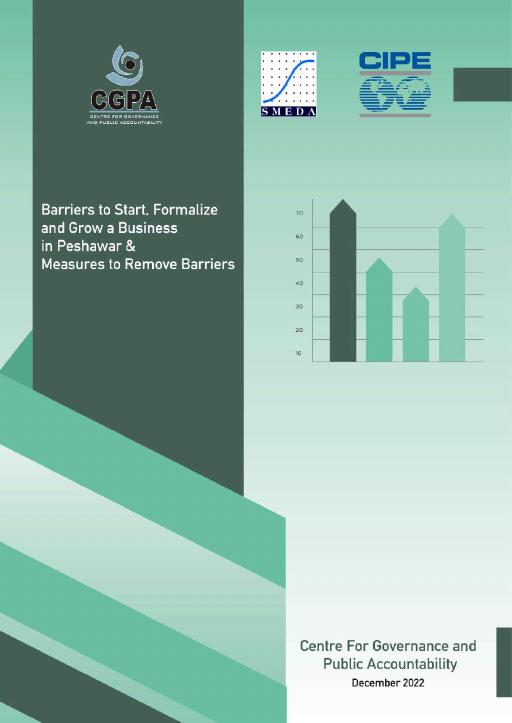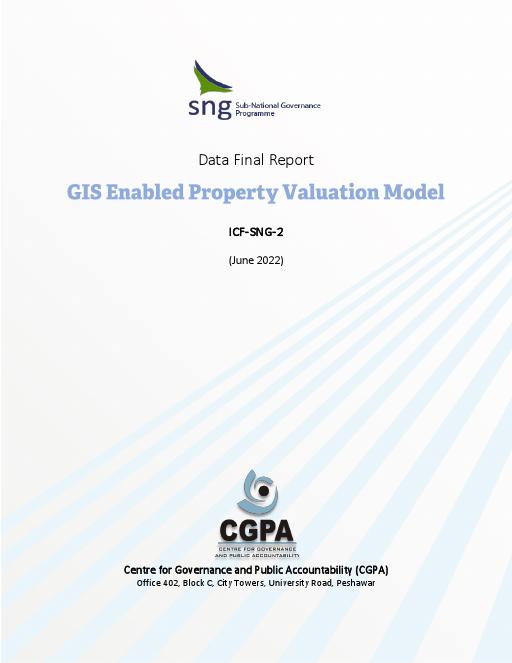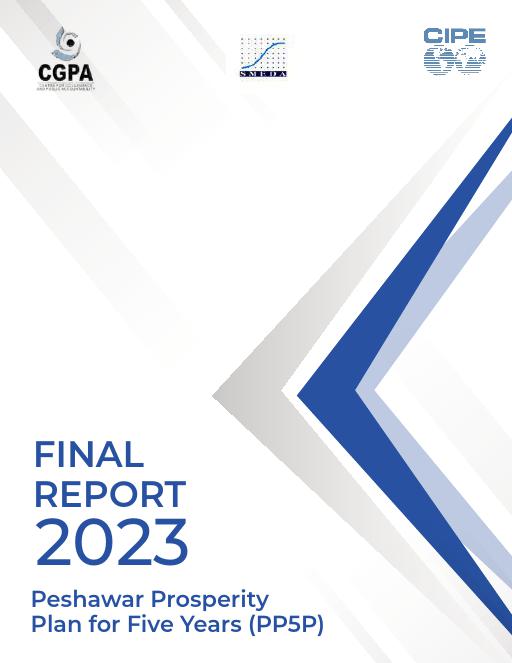PROGRAM AREAS
Open Governance, Right to Information
CGPA believes that ensuring citizens’ right to access information, as enshrined in the constitution of Pakistan and Universal Declaration of Human Rights, is the key to public accountability, realization of strong democratic institutions, and inclusive development. The legal framework for ensuring right to information (RTI) is very weak in Pakistan. CGPA seeks to promote right to information in Pakistan through.
· Policy research and advocacy for effective right to information laws
· Civil society capacity building and networking
· Strengthening demand for RTI through awareness raising
Transparency and Right to Information
Right to Information Laws
The Punjab Transparency and Right to Information Act 2013
The Khyber Pakhutnkhwa Right to Information Act 2013
The Pakistan Right of Access to Information Act 2017
The Sindh Transparency and Right to Information Act 2016
The Baluchistan Right to Information Act 2021
PUBLICATIONS
Rule of Law, Access to Justice and Police Reforms
Threat to rule of law bears serious challenges to the overall edifice of society. CGPA believes that rule of law encompasses supremacy of constitution, abrogation of all discriminatory laws, removal of procedural hindrances which restrict citizens’ ability to access justice; independence of judiciary and judicial accountability; accountable, operationally independent, and service oriented police service; and gender sensitive justice disposal mechanism.
PUBLICATIONS
Democratic Governance
This program focuses on strengthening citizen voices to hold elected representative accountable and strengthening of legislative bodies at national and sub-national levels. Political parties’ development, legislative tracking, election monitoring, and voting rights are sub-programmatic areas under this program.
PUBLICATIONS
Legislative Governance - Policy Brief
Khyber Pakhtunkhwa Assembly Legislators Performance Ranking and Analysis (June 2013 to June 2016)
Decentralization & Devolution
CGPA strongly supports decentralization of power at local level, both administrative and fiscal, for effective social service delivery. In Pakistan, every military ruler introduced local government system, to be wrapped by elected governments once the military ruler was no more in power. CGPA strives for accountable local government system constituted by elected representatives, with full responsibility to initiate and manage service delivery at local level, and with decentralize fiscal and administrative authority.
PUBLICATIONS
Training Manual on KP Local Government Act 2019
Training Manual: 3-Day Training on Advocacy campaign skills for effective Local Governments in Khyber Pakhtunkhwa
Policy Brief: Effective Local Governance in Khyber Pakhtunkhwa
Trend Analysis of Development Budgets for Local Government in Khyber Pakhtunkhwa
Promotion of Pluralism, Peace and Stability
Though all program areas of CGPA feed into this thematic area, the focus is to foster scholarly endeavor and alternate discourses for promotion of pluralism, peace and stabilization in conflict affected areas of FATA and Khyber Pakhtunkhwa province. FATA political and administrative reforms are one of the key focus areas under this program.
Budget Accountability
Public policy and political pledges are mere allusion if not backed by sound budgetary allocations and sound plans for implementation the policies. Under this program, CGPA strives for ensuring adequate allocations for social service delivery, and pro-poor and gender sensitive budgeting. The priority sectors for budget advocacy are education, health, water and sanitation, roads and construction, and public safety. Under this project, CGPA also carries monitoring and evaluation of different development projects by different state and non state entities.
CGPA is implementing a project titled 'Promoting Public Accountability at Local Level' funded by Open Society Foundation. The project starts on December 1, 2012 and the life of project is 12 months.
The outcomes of the project are:
· Analysis of budget allocation and utilization practices at municipal and union council levels
· Capacity of 105 members of civil society groups enhanced on budget advocacy
· Policy advocacy for improving citizens’ participation in budget making process
Series of activities are being undertaken to accomplish the objectives and overall goal. These include establishment of constructive engagement with officials and elected representatives of town III of Peshawar district. Budgets of town III for key social sectors (Health, Education, Water and Sanitation, and Waste Disposal) of last three years are being analyzed. Based on this analysis and detailed Training Need Assessment, training materials are being developed. The project aims at training 105 civil society members through series of training events. Policy advocacy is being undertaken, based on research study. Establishment of Civil society network is considered as critical for sustainability of project activities. Three seminars are also planned under the project, advocating policy initiatives for inclusion of citizens’ voices in budget making process.
PUBLICATIONS
Economic Governance
CGPA with Center for International Private Enterprise (CIPE-USA) as implementing partner implementing Mobilizing Economic Reforms to Keep the Critical Space Open in Khyber Pakhtunkhwa. The project seeks to provide technical support in facilitating local economic development through the establishment of Economic Development Unit (EDU), and Peshawar’s Prosperity Five Year Plan (PP5P). CGPA in collaboration of Small and Medium Enterprises Development Authority (SMEDA) is reaching out to market-oriented think tanks through a structured, participatory and inclusive approach of Public Private Dialogue (PPD).
PUBLICATIONS
Policy Brief for Improving Business Ecosystem in Peshawar
Policy Recommendations for Improving Business Ecosystem to Start, Formalize & Grow Businesses in Peshawar
Barriers to Start, Formalize and Grow a Business in Peshawar & Measure to Remove Barriers
GIS Enabled Property Valuation Model
Peshawar Prosperity 5 Years Plan PP5P
